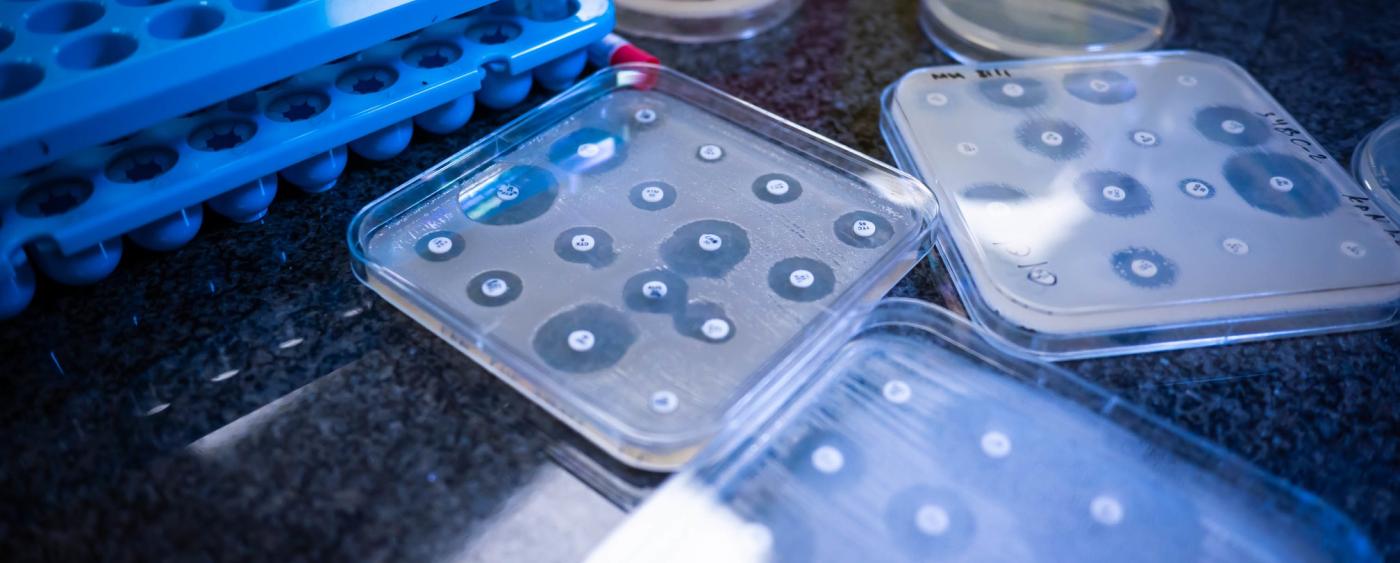We met with Julien Dupont, quality and regulatory affairs lead for the Antibiogo project, to learn more about this milestone and what it means for the fight against antimicrobial resistance.
-
MSF Foundation: The Antibiogo project has just received ISO 13485 certification. What does this concretely mean?
Julien Dupont: Achieving ISO 13485 is recognition that the Antibiogo project, as an in vitro medical device project legally managed by MSF Foundation, has implemented quality practices and processes in line with the highest international standards. These standards are followed across the medical device industry, notably in Europe and the United States. In simple terms, this certification shows that we made no compromises on quality, ensuring the reliability of the tool for users and patients—crucial when it comes to diagnosing and prescribing antibiotics.
-
MSF Foundation: This is a first for an NGO, isn’t it?
J. D.: Exactly! It’s unprecedented for a humanitarian project to achieve this level of certification for a medical device project that is free and primarily intended for low-resource countries. We chose to pursue ISO 13485 to set the highest possible standard for our project and guarantee this level of quality for our target users. Following WHO’s recommendation in 2024, this ISO 13485 certification represents a significant milestone. It confirms that regulatory excellence and accessibility can go hand in hand.
-
MSF Foundation: Concretely, what does this certification change for Antibiogo and its users?
J. D.: Both nothing and everything at once. The Antibiogo application helps laboratory technicians—even non-experts—to correctly measure and interpret antibiograms, thereby providing accurate results to physicians for prescribing the most effective antibiotics. In practice, the certification doesn’t change this functionality. However, it is a strong signal of trust for users, health authorities, and partners wishing to adopt the solution. It proves that the tool is built on solid foundations of risk management, performance monitoring, and post-market follow-up (product support and continuous improvement)—all elements that foster confidence and support large-scale adoption.
-
MSF Foundation: Could you remind us why Antibiogo is so important in the fight against antimicrobial resistance?
J. D.: Antimicrobial resistance (AMR) is a major public health threat: it caused 1.27 million deaths in 2019 and could reach 10 million by 2050 if no action is taken. In low-resource countries where MSF operates, access to clinical bacteriology laboratories is often limited. Patients arrive with infections that do not respond to standard antibiotics, and medical teams lack the resources to guide prescriptions. The Antibiogo application was developed precisely to fill this gap and support rational prescribing practices.
-
MSF Foundation: What are the next objectives for Antibiogo?
J. D.: From a regulatory and quality perspective, we continue continuous improvement and compliance with the latest standards and regulations. ISO 13485 certification must be renewed every three years, which contributes to the project’s credibility and the sustainability of the tool. Furthermore, many countries adopted the solution in 2025 beyond MSF’s fields, demonstrating Antibiogo’s scalability and adaptability to different contexts. The tool will continue to evolve to meet the specific needs of teams in Yemen, Laos, Kenya, or Afghanistan. The goal is for the tool to move beyond being an innovation and become an integrated part of routine diagnostic practices.
-
MSF Foundation: Any final words?
J. D.: ISO 13485 certification is a major milestone for the Antibiogo project. It demonstrates that we have achieved a high level of rigor in project development and management, comparable to that expected in highly developed countries like France. Antibiogo is not just a technical innovation: it is a concrete tool to curb AMR and ensure equitable access to care. Our ambition remains simple: every patient, wherever they live, should have access to reliable diagnostics and effective treatment.
Antibiogo Deployment – September 2025
